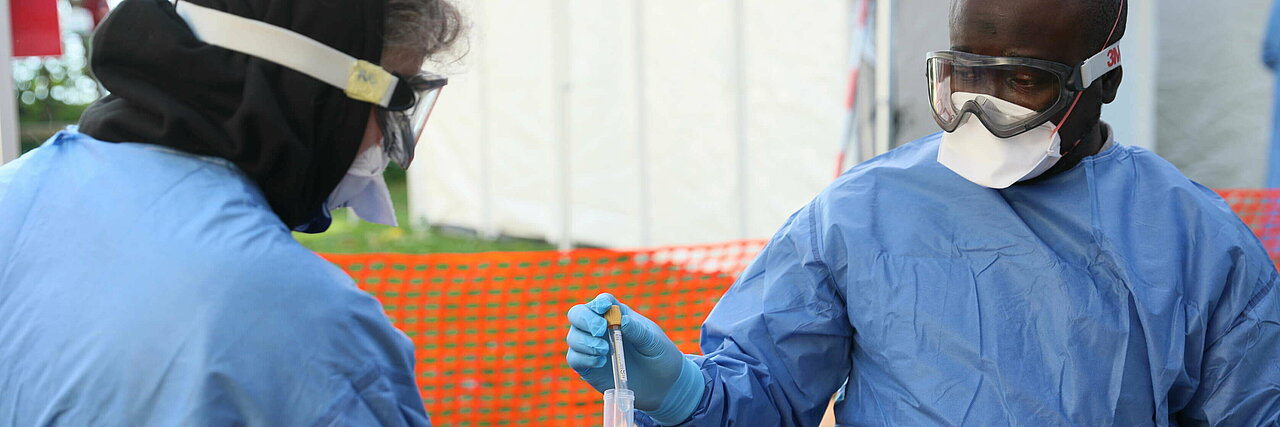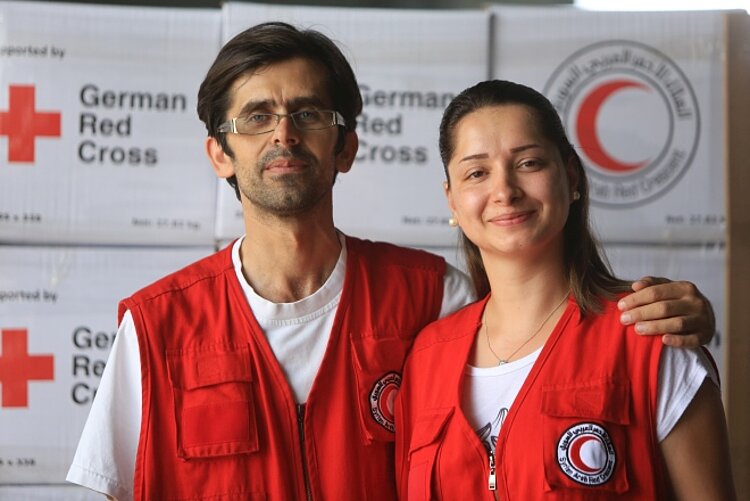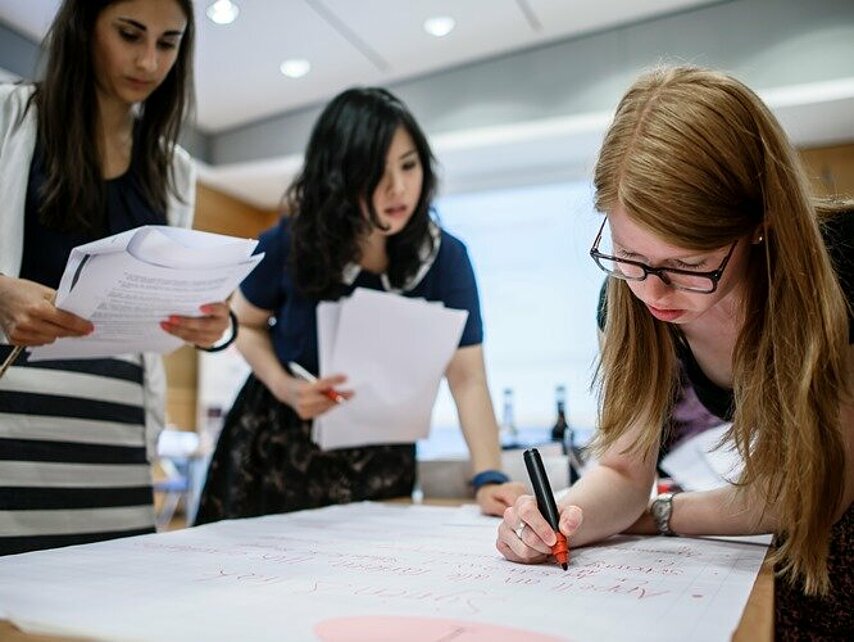
Training Programme for International Deployments
Introduction
This training programme is intended for RCRC volunteers, staff and registered members as well as people not affiliated with the RCRC Movement but interested in working with us.
The programme is divided into four parts:
- Preparatory online training
Everyone is required to complete the online training courses listed before attending a virtual/face-to-face training or being deployed through GRC/IFRC/ICRC surge mechanism.
- Virtual and face-to-face training
Practical training on RCRC Movement structures and response tools as pre-deployment preparation. Scenario-based exercises are used to illustrate key aspects of a mission and our working approach.
- Refresher and capacity building training
Individual refresher training or on-the-job training of trainers for already trained and/or experienced delegates.
- Workshops
Practical peer-to-peer learning for specific topics and/or target groups.
The training structure follows the RCRC Movement’s standards. It aims to ensure a common understanding of our work and compliance with the Fundamental Principles, and to mitigate security risks.

Whom are we looking for?
Everyone who meets the requirements of the respective training course, has an expertise in a humanitarian profile of relevance to GRC (please see pools below), as well as several years of working experience in the respective field.
To apply for a training and to become a member of GRC’s humanitarian surge roster, GRCReady, visit drk.de/grcready .
Should the need for urgent deployments of delegates arise due to disasters or crises, GRC utilises GRCReady to alert and deploy qualified experts within 72 hours.
Once registered in GRCReady, you can express your interest in participating in a training course and in becoming a member of one of the 16 technical pools in our roster:

Where can I find more information?
- An overview of the RCRC Movement’s response tools is available at https://go.ifrc.org/deployments/catalogue. In this catalogue of surge services you will find: the role profiles of the rapid response personnel and their technical competencies frameworks, a description of the existing assets including Emergency Response Units (ERUs) and others, and references to other links for further information.
- Additionally, the RCRC Learning Platform provides a series of surge videos as an introduction to rapid response in disasters and crisis (https://ifrc.csod.com/ui/lms-learning-details/app/curriculum/e27cdb86-19ca-4101-ace7-8f2c765230c8).
- For information on how the GRC responds to humanitarian emergencies see https://www.drk.de/hilfe-weltweit/wann-wir-helfen/nothilfe-weltweit-so-hilft-das-drk.
- For more information on the different training opportunities or questions regarding a specific training please contact the GRC Surge/Readiness Unit at surge(at)drk(dot)de.
Interested in joining the German Red Cross Surge Roster?
To apply for a training and to become part of the Surge Roster, please visit our GRCReady website
Join GRC Surge Roster
